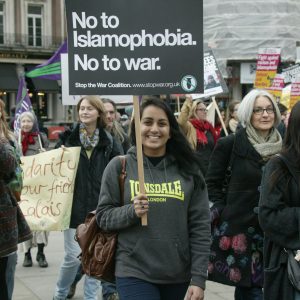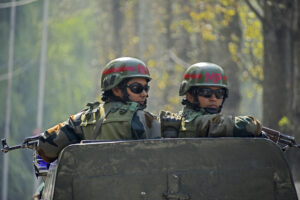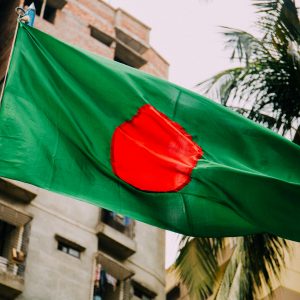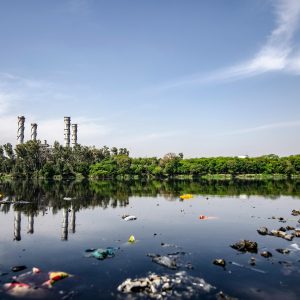‘I never spent a night in my village again’
NEW DELHI (AA) – Imtiyaz Hussain Ahmad has vivid memories of the morning when a mob attacked his village of Naroda Gam, one day after Muslims were blamed for burning a train that killed 59 Hindus.
On the eve of the 20th anniversary of the deadly riots in Gujarat state on Feb. 28, 2002, in which nearly 1,000, mostly Muslims, were killed and 2,500 injured as Hindu mobs went on a rampage to rape, loot, and kill, Hussain recalls he had to struggle to save his family.
“Late on that night when train incident happened, one Muslim house was attacked and the tensions started in our village,” said Ahmad, who was 28 at the time. “The next day, there was a strike called in the entire state.
“The next morning, a large mob had gathered outside our village, and then the attacks started. They started with the mosque and then targeted Muslim homes.”
Ahmad told Anadolu Agency that even after two decades, screams from one house continue to haunt him.
“That day, one house, which was set on fire, I heard people inside screaming. Later, I came to know, four to five people had died,” he said, adding that in his village, 11 were killed.
He said he saved his family by taking refuge at a local police station.
“We spent that night there and the next morning we were shifted to camps where we spent some six months,” he said.
Ahmad, a businessman, said: “I never spent a night in my village again.
“I moved to a different place. I sometimes go there, to pay a visit,” he said. “But all the old things return to haunt me. That is also the reason, I haven’t spent a night there after the riots. I would never wish for anyone to see such a situation again.”
The two-month violence in Gujarat took place when Prime Minister Narendra Modi was the chief minister of the state. After 20 years, many witnesses like Ahmad have numerous horrific tales to share.
‘Bad memories and pain’
In Naroda Patiya village, where more than 80 people were killed, residents said they do not want to remember the “horrific days” as it only “brings bad memories and pain.”
Salim Sheikh, whose niece and two daughters were killed, told Anadolu Agency that Muslims do not want to see a situation like that again.
“Today, there are police stations around our village and we completely rely on them for our safety and security,” he said.
On that fateful day, he was outside his house when he saw houses being attacked and he rushed to inform the family.
“Had I not informed them on time, it would have been a very big problem. When I reached home, I sent them toward a safer locations.”
He said that his niece and his two daughters ran for safety. “But they were murdered and we never saw their dead bodies.”
Steps needed
There were nine major cases related to the 2002 riots — the majority have seen judgments delivered.
The Indian Supreme Court directed the Gujarat government in 2017 to pay $71,000 to Bilkis Bano, who was gang-raped.
Teesta Setalvad, secretary of Citizens of Justice and Peace, who represented survivors of the riots in 68 cases of criminal, civil and constitutional nature, however, believes that “Indian law and the courts have not been able to respond to the enormity and gravity of the Gujarat genocidal carnage.”
“The Indian system has fallen short of any institutional learnings to prevent such fall into targeted violence against minorities again,” she said. The 2002 Gujarat case “was a targeted carnage, genocidal in character.”
She said that full-fledged acknowledgment and substantive justice, “prosecution of the perpetrators, be they police officers, administrators, elected officials” is needed.
“Appeals (in higher courts) are not being fought rigorously, guilty officers are being shielded and not punished. The court needs to ensure full and substantive justice still,” she said. “There needs to be an institutional recognition, and correction of the scale of pre-meditation and planning behind the widespread attacks to ensure that neither calls to genocide or murderous acts of genocide ever recur.”













